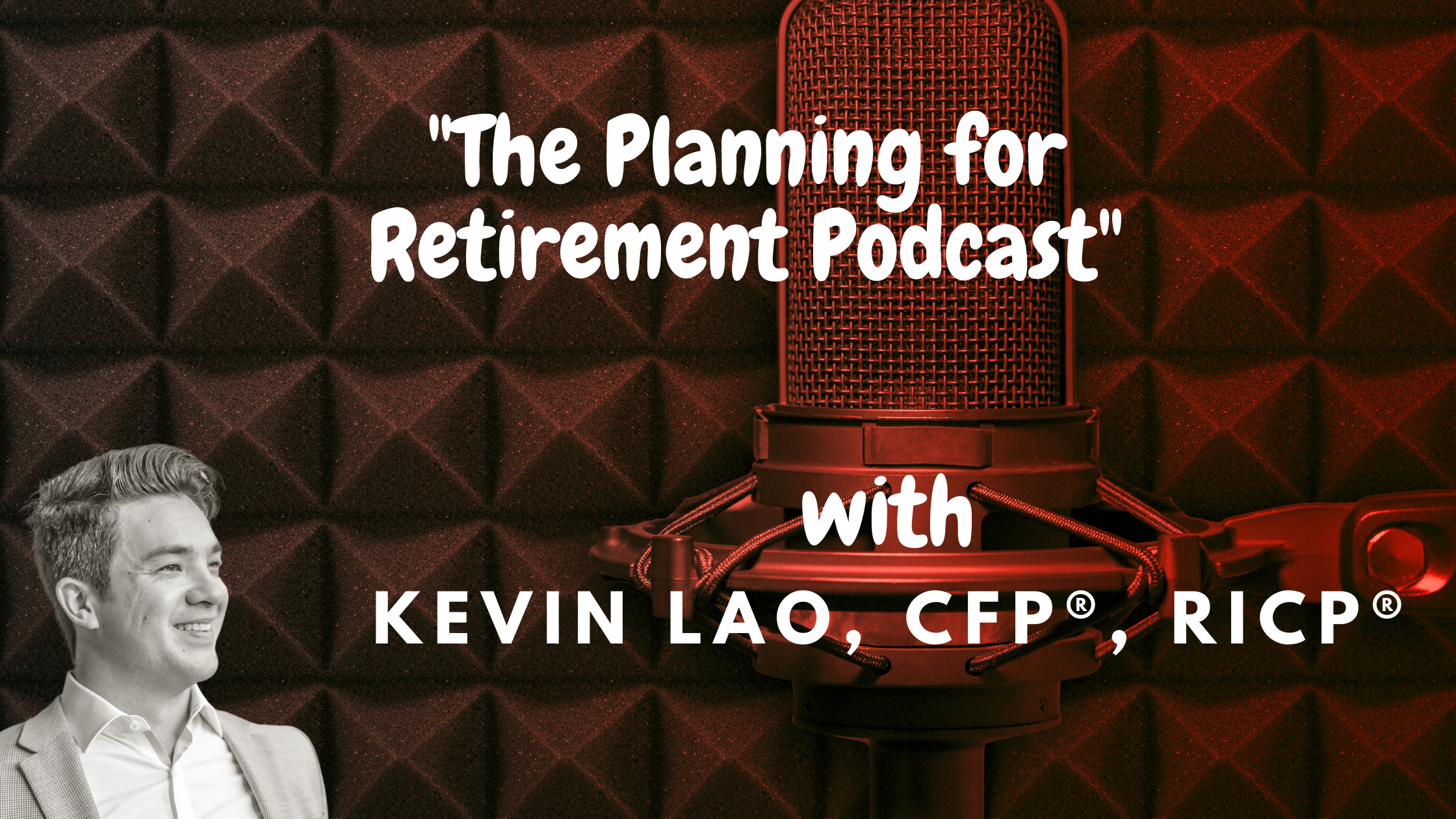National Association of Personal Financial Advisors (NAPFA)
https://www.napfa.org/
NAPFA has been the gold standard to find a “Fee Only” financial advisor. These are advisors that cannot receive any third-party compensation and are always held to the fiduciary standard. This does help to reduce, but not eliminate, conflicts of interest. Additionally, the default search bar does filter by Zip Code or Location. So, if you are hellbent on finding a local advisor that you can see face to face, this would be a great place to start.
Fee Only Network
https://www.feeonlynetwork.com/
This is really a spin-off from NAPFA, so I’m not sure how different your search results will be. However, this is another place to search for a fee only financial advisor, if that is important to you. Additionally, there are some additional filters that allow you to search for firms virtually as well, which I think is useful.
XY Planning Network
https://connect.xyplanningnetwork.com/find-an-advisor
XY Planning Network was founded by Michael Kitces and Alan Moore in an effort to serve generations X and Y. However, many of the advisors also serve retirees/near retirees. And frankly, Gen X is getting close to retirement now anyhow with the oldest Gen Xers turning 60 next year!! XY Planning Network has a great search tool to filter by a variety of different search criteria, including specialty/niche. They also have some qualitative search criteria as well that may or may not be important to you. I will also note that the majority of XY Members that I am aware of operate virtual, but some have a hybrid model. If you are comfortable with a virtual relationship, that won’t be an issue. However, if you do prefer face-to-face or hybrid, you can also filter by location.
Financial Planning Association (FPA)
https://www.financialplanningassociation.org/practice-support/plannersearch
The FPA claims to be the lead trade association supporting the mission of Certified Financial Planner (CFP) professionals. You must go to the “FPA Planner Search” website in order to search for an advisor. The search tool is primarily geared towards location only, not necessarily niche or expertise, for whatever that is worth.
Unlike NAPFA, Fee Only Network and XY Network, FPA members do not have to be “Fee Only.” This means they can charge fees, commissions, or both. I am not saying this is necessarily good or bad, but if you want to avoid a hard sell insurance and annuity products, you’ll have to be keep your guard up. Or, you can search one of the other sites for a fee only advisor.
The CFP Board itself
https://www.letsmakeaplan.org/
Naturally, if you are looking for a CFP professional, you can go directly to their site and search for an advisor. You can toggle by location, name and service specialties. It’s not the most robust tool, but if you want to ensure your advisor is in fact a CFP professional, this is a good way to confirm that information.
Flat Fee Advisors
https://www.flatfeeadvisors.org/
There has been a big shift in the industry to fee-transparency (FINALLY!). The days of charging 1% on $3mm of assets solely for investment management are going by the wayside. If you calculate that fee, it’s $30k/year for a service that should cost closer to 0.5%/year. Instead of charging a %, many advisors, including our firm, quote the fee in dollar terms. This creates more transparency and defines what exact services you may or may not be receiving. I’m not going to say % of AUM is good or bad. Or that flat fee is good or bad. We choose to charge flat fees because of the clients we serve ($1mm – $5mm) and how we serve them. If you hire an advisor who charges a %, make sure they are also going to help in other areas beyond investment management (particularly in cash flow planning and taxes).
Additionally, if you do not want to have an investment management relationship but still need financial advice, hiring an advisor who can charge without managing investments might be important to you. The flatfeeadvosrs.org website could be a good place to search for one of these types of firms.
Podcasts and YouTube
When I first started in the industry in 2008, the motto was, “See people or fight to see people.” “See people” meant door knocking or meeting with family/friends/clients to try to drum up business. “Fighting to see people” meant cold calling or networking. And truthfully, the MAJORITY of the advisors in my office and offices around the country were focused mostly on these efforts. It was a sales-focused culture. With that being said, new business was the lifeblood. Eat what you kill.
Podcasting and YouTube has allowed me to spend ZERO time cold calling, sending mailers, hosting seminars or webinars for the purpose of drumming up business etc. Instead, I have chosen to focus on content creation as my medium of new business generation. Additionally, the creation of content allows me to further sharpen my skills and knowledge on topics that are important/relevant to the clients I serve.
So, if I were looking for an advisor, I would listen to their podcasts, watch their videos, and read their articles to get a feel for their knowledge. In addition, you can get a feel for their communication style to see if it resonates. That way, you sort of know what you are getting prior to engaging in a relationship. This is a great benefit to you as a consumer who may or may not be comfortable reaching out to a stranger online. I’ve had multiple clients hire me after listening to my podcasts and they all said they felt like they already knew me, which was pretty cool.
If the advisor isn’t podcasting or creating content, that’s okay. Not everyone is good at this and frankly the advisor can still be a rockstar despite not being a content creator.
Thanks for reading my rant about finding a financial advisor.
Hopefully this helps you in your search to find the right fit to help you and your family achieve work optional.
If you have any questions for me directly, feel free to send me an email: Kevin@imaginefinancialsecurity.com
If you are interested in working with me 1×1, we are still taking on clients for 2025. You can start by visiting “Our Process” page on our website to learn more: “Our Process”
-Kevin Lao


